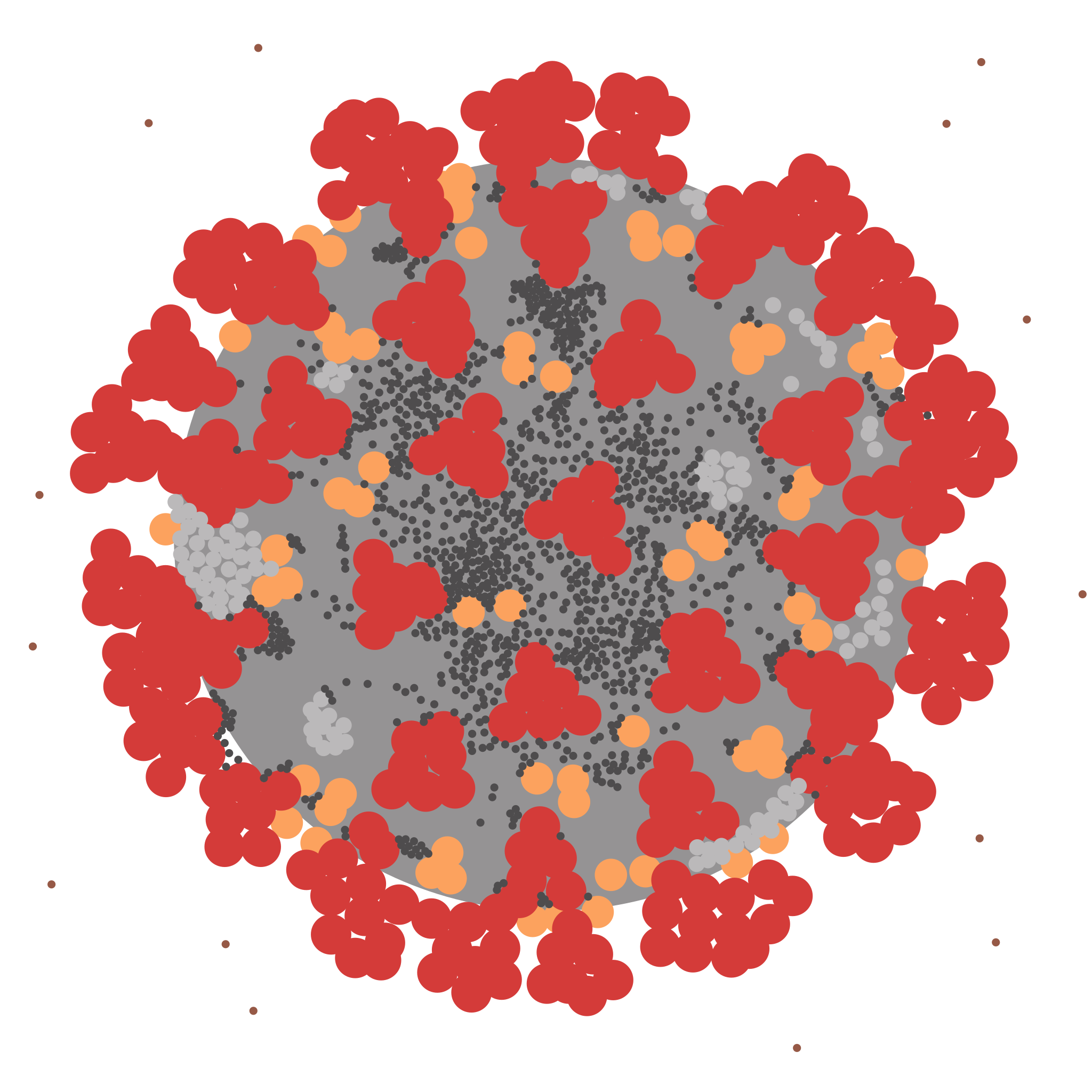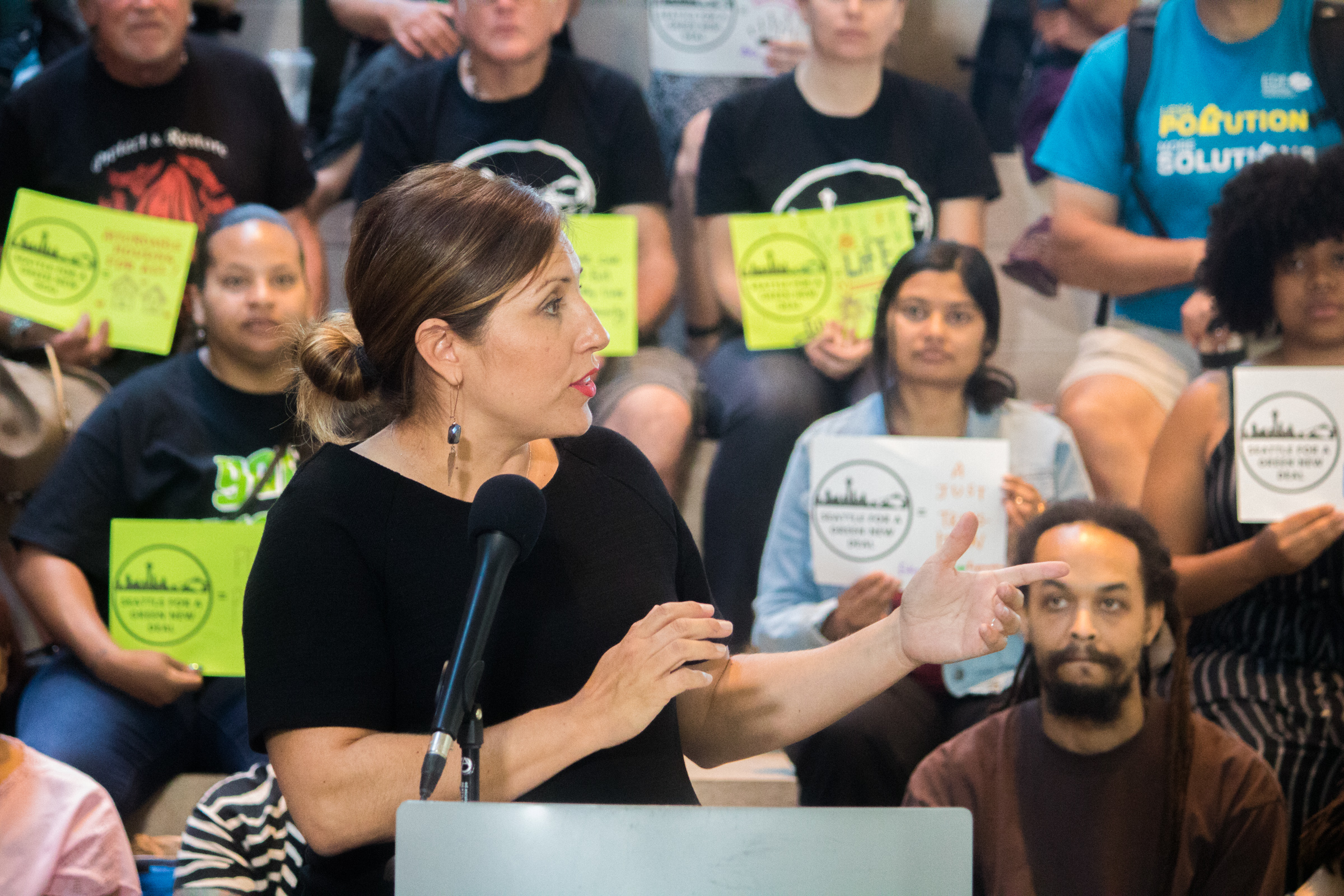Climate change and COVID-19 are very different crises, but they are connected by certain striking similarities. For example, they both threaten people around the world, and they make it clear that humans are not more powerful than the environment. Economists and climate experitss say the best way to fight both of these catastrophes might actually require a similar plan – one that pivots the economy away from fossil fuels and focuses on clean energy and human health above all else. They also say that if we fail to address climate change, we could have more pandemics on our hands.
The first signs of climate change were observed in the 19th century, when scientists began to realize that the burning of fossil fuels could concentrate in the Earth’s atmosphere, causing warming. By the 1980s, scientists had identified the potentially catastrophic consequences of unmitigated burning of fossil fuels, but global economies failed to respond with adequate urgency. In 2018, the UN’s Intergovernmental Panel on Climate Change (IPCC) released a report saying that the world had 12 years to prevent truly catastrophic and unfixable levels of warming, which would result in countless natural disasters and untold suffering.
The global pandemic known as COVID-19 is much newer. The first cases were reported in December 2019, and by the end of March 2020, there were nearly a million confirmed cases worldwide. The disease is currently ripping like wildfire around the globe, devastating communities and upending stablished ways of life.
Of course, COVID-19 is completely different from climate change. The virus was not caused by human negligence spread over hundreds of years; instead, it criss-crossed the world in a matter of days. It’s also having immediate and extremely visible effects on communities, leaving millions without jobs and overwhelming hospitals. On the other hand, climate change manifests itself in separate disasters like wildfires or hurricanes, making it much easier to disavow, deny, or simply ignore.
Still, coronavirus and climate change are more similar than different, and not only because they’re both global phenomena that require humans to change their ways of living in order to survive. They also could have similar immediate solutions that could benefit people across all walks of life. Or, if we don’t respond to them effectively in the present day, they could each make the other a whole lot worse.
Climate Change May Have Caused COVID-19, and It Could Cause More Pandemics
The climate crisis may actually have played an integral role in kickstarting the COVID-19 pandemic. “In order to continue producing… humans are harvesting the natural resources of the planet,” writes Vijay Kolinjivadi, a post-doctoral fellow at the Institute of Development Policy at the University of Antwerp. “This process depletes the natural ability of the environment to balance itself. . . This same process is also responsible for COVID-19 and other outbreaks,” he continues, as “the need for more natural resources has forced humans to encroach on various natural habitats and expose themselves to yet unknown pathogens.” Essentially, the same cycles of consumption, jet-setting, and waste inherent in our capitalist, globalized economy likely played a role in spreading the virus itself.
The worsening climate problem and rising global temperatures are likely to exacerbate the spread of infectious diseases, potentially leading to more pandemics like COVID. As the air warms, scientists believe mosquitos will expand beyond their existing habitats, bringing diseases like malaria and dengue fever. Other parasites such as lungworms are expected to do the same. Scientists also believe that climate change influenced the Ebola outbreak, as dry seasons followed by heavy rain caused animals to cluster together and led humans to turn to bushmeat for food.

Permafrost around bays in Siberia (Credit: NASA Earth Observatory)
Scientists also say that as permafrost melts in places like Siberia, long-preserved “zombie pathogens” like smallpox or anthrax might be unleashed. “A number of researchers today think that it is actually humanity’s destruction of biodiversity that creates the conditions for new viruses and diseases such as COVID-19,” writes John Vidal for The Guardian. Additionally, the influx of natural disasters catalyzed by climate change will exacerbate the suffering created by more viruses.
How COVID-19 is Affecting Climate Change
As the COVID-19 crisis has swept the globe, relegating many of us to our homes, there’s been one perversely positive news story amid the horror: During the crisis, fossil fuel consumption has decreased worldwide. Global carbon emissions have fallen as transportation hubs shut down and industries grind to a halt. The airline industry – which produces 2.6% of the world’s carbon emissions – is in freefall, and the lockdown in China has reduced the nation’s energy usage by 25%. The concentration of nitrogen dioxide has plummeted in many major European cities, and a cloud of nitrogen dioxide that was hovering over China in January has since dissipated.
To be clear, the COVID-19 crisis is devastating, and it will leave untold tragedies in its wake. But some scientists and thinkers are proposing that the world’s response to the virus could work as a blueprint for how humans might prepare for and even avoid many of the most extreme consequences of the climate crisis. If we utilize the pandemic as an opportunity to enter a process of massive but necessary societal and structural change, maybe we could see the world start to heal.
“Obviously the first priority here must be to protect the public health,” says Dr. Barbara Buchner, Global Managing Director at the Climate Policy Initiative. “But there is no greater second priority than using this crisis to really accelerate the low-carbon transition that is already ongoing, because climate change is threatening our very civilization.” In essence, lessons from the massive reduction in pollution during the COVID-19 crisis could teach us how a greener world could look in practice.
“As we move to restart these economies, we need to use this moment to think about what we value. Do we want to go back to the status quo, or do we want to tackle these big structural problems and restructure our economy and reduce emissions and pollution?” —Jacqueline Klopp, Co-Director of the Center for Sustainable Urban Development, Columbia University
Unfortunately, in the United States, the EPA recently cut back its regulations on pollution in an effort to make exceptions for companies hit by the economic downturn. But at some point, the virus will be contained, and as countries and industries rebound, emissions could rise and even increase as a result of these rollbacks.
Still, the pandemic could still be a wake-up call for governments around the world. It’s an example of just how quickly and easily nature can decimate human society, and it could be an opportunity to create economic policies that shape a livable future for all.
What the Coronavirus Can Teach Us About Responding to Climate Change
In general, the nations faring the best amidst COVID-19 are those whose governments acted swiftly and enacted sweeping policies that quickly “flattened the curve.” Denmark, South Korea, Taiwan, and Thailand have seen a decline in cases due to an aggressive spike in testing, strict lockdowns, and public education.

Illustration of the ultrastructure of the COVID-19 virus based on CDC image (Source: Wikimedia Commons)
However, the response of the United States to the virus has been slower and less strictly enforced, making the nation into an epicenter of outbreaks. Though the situation is changing daily, it’s crystal clear that fighting COVID-19 requires universal cooperation to address at the scale of the crisis. This kind of cooperation might just be a blueprint for how governments and societies should respond to the disasters created by climate change, though COVID-19 shows us that preventative measures are of paramount importance.
“The deceptively mild and seemingly faraway beginnings of the current pandemic led health officials and governments to squander many opportunities for early intervention. . . . We need to anticipate the climate crisis and act quickly and aggressively to minimize further damages before they overwhelm us.” – Howard Kunreuther and Paul Slovic, Politico
The COVID-19 pandemic also shows us that many of the systemic changes our governments told us were impossible were actually available for immediate implementation. This has many climate activists and experts wondering: What if the solutions to the instability COVID-19 has created could be combined with policies that address climate change?
This was the goal of a plan called the Green Stimulus, proposed by academics and scientists prior to the unveiling of the U.S. Congress’s Green New Deal stimulus plan. Though it failed to pass, the proposed stimulus integrated climate policy and human-focused COVID-19 responses, which would have created millions of good jobs in the clean energy sector among other benefits to the environment, the economy, and human health.

Green New Deal Press Conference in Seattle, Washington (Credit: Seattle City Council)
Many economists believe that the period of economic recovery following the coronavirus emergency presents a rare chance to reduce fossil fuel emissions globally. Oil prices plummeted at the height of the crisis, presenting an opportunity to reshape the energy sector at large. “Governments could seize this moment to enact new climate policies,” write Brad Plumer and Henry Fountain for The New York Times. “Low oil prices are often a good opportunity to remove subsidies for fossil fuels, which have been increasing in recent years, or raise taxes on carbon dioxide emissions, since consumers are less likely to feel the impact.”
As the economy falters, millions of people will suffer. In their efforts to revamp the economy and support these people, governments around the world have the chance to strengthen industries other than fossil fuels and big business by investing in clean energy initiatives and other programs that value human life over profit. Examples include New Zealand’s “well-being budget” and Bhutan’s “gross national happiness index.” There is no reason that we must continue to invest in fossil fuels, other than to line the pockets of a few oil executives and to preserve a system that is essentially a powder keg.
The Future: Where Do We Go From Here?
Though time is running out, it’s not too late to prevent climate catastrophe and future pandemics. Across the world, people are waking up to this reality, inventing new ways of responding to the delicate relationship between climate and health. For example, a discipline called “planetary health” has recently emerged in the public health sphere. The Report of the Rockefeller Foundation-Lancet Commission stated, “Planetary health is the health of human civilization and the state of the natural systems on which it depends.” In short, this field emphasizes the importance of the climate to human health, and factors in the negative consequences of unchecked capitalism and consumption on both the environment and the humans that populate it.
Both the COVID-19 crisis and the climate crisis highlight the fundamental interconnectedness and fragility that defines life on Earth. They show us that we are all part of a global community – meaning that a virus originating in Asia can shut down New York City, or a spike in carbon emissions in America can lead to flooding in Indonesia.
These twin crises break through the silos that separate people, bringing our shared responsibility to our global community – and our vulnerability to nature’s whims – into stark relief. Fortunately, people are responding innovatively to the virus, forming networks of mutual aid where neighbors support neighbors, and rallying to promote plans like the People’s Bailout, which aims to provide economic relief to people affected by the pandemic.
These organizations reflect an old truth, something that the Earth has likely been trying to tell us for quite a long time: We are all responsible for each others’ welfare, and until we start acting like it, we’re going to be living the consequences.
Ω
Title Image credit: PopTika/NASA, via The Conversation

